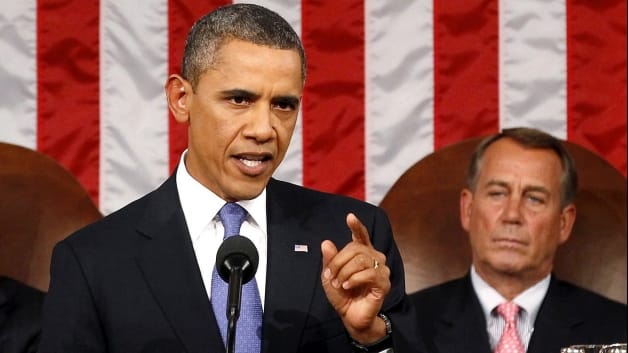House Approves Bill To Extend Student Loan Rates


Today, the House voted 215 to 195 to pass a GOP proposed bill to extend the current student loan interest rate of 3.4%, instead of permitting the rate to double on July 1 to 6.8%.
Backed by House Speaker John Boehner (R-Ohio), the proposed bill (H.R. 4628) would cover the estimated $6 billion cost of extending the 3.4% interest rate by pulling funds from Obama's Prevention and Public Health Fund.
In a White House issued Statement of Administration Policy, the Office of Management and Budget indicated that President Barack Obama would veto the House GOP bill:
"The Administration strongly supports serious, bipartisan efforts to prevent interest rates from doubling for over 7 million college students in the coming year," "Taking action to stop the doubling of these rates will save students $1,000, on average, over the life of their loans." "Unfortunately, rather than finding common ground on a way to pay for this critical policy, H.R. 4628 includes an attempt to repeal the Prevention and Public Health Fund, created to help prevent disease, detect it early, and manage conditions before they become severe."
The Obama Administration goes on to state that the Prevention and Public Health Fund, or the program that GOP plans to cut to fund the one-year extension, would specifically benefit women. It reads, "Women, in particular, will benefit from this Prevention Fund, which would provide for hundreds of thousands of screenings for breast and cervical cancer."
Rep. Gwen Moore (D-Wis.) furthered the attack on Republican lawmakers, stating, "we are seeing the sheer gender bias in this institution against meeting women's needs." In response, a representative for Boehner reaffirmed "gender has nothing to do with this debate," while Boehner himself called the attack "beneath the dignity of the White House."
While the bill passed in the House, it is unlikely to move beyond the Senate, where the majority of Democrats have written a new version of the bill that would not take funding away from the Prevention Fund. Instead, the drafted bill would raise taxes to pay for the one-year extension. Senate Majority Leader Harry Reid (D-Nev.) explains:
“We can pay for this with a tax that people who make a lot of money have been avoiding for a long time by changing from ordinary income, they put this into sub-chapter S and avoid taxes.”
In this all too familiar example of partisan politics, both parties' refusal to compromise may cost students $1000 more in loans a year, showing the very real cost of partisan gridlock.


